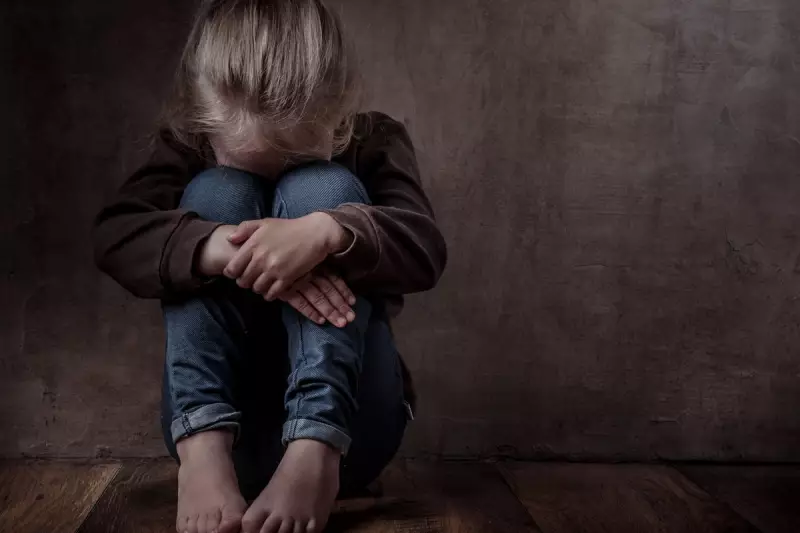
In a significant shift, Chancellor Rachel Reeves is set to announce the abolition of the controversial two-child benefit cap in today's Budget 2025. This move follows intense pressure from Labour backbenchers, campaign groups, and political opponents who have long argued the policy exacerbates child poverty.
A Major Policy Reversal
Government insiders have confirmed to The Independent that the Chancellor will scrap the policy, marking a stark U-turn for a government that had previously cited tight resources as a reason for maintaining the status quo. The decision comes after months of mounting discontent and is seen as an effort to appease rebel MPs and improve the party's standing in the polls.
Earlier this month, Rachel Reeves hinted strongly at this change, stating on BBC Radio 5Live that she did not believe it was right for children to be "penalised" for being part of larger families. She emphasised the economic imperative, warning against the "costs to our economy in allowing child poverty to go unchecked."
Understanding the Two-Child Cap and Its Impact
The two-child benefit cap, introduced by the Conservative government in April 2017, prevents parents from claiming Universal Credit or tax credits for any third or subsequent child born after 6 April 2017. The policy was originally designed to encourage those on benefits to make financial decisions similar to those who support themselves solely through work.
However, the human cost has been substantial. Latest official figures show that 1.6 million children are living in families affected by the policy. Campaigners argue that it pulls 109 children into poverty every single day. Analysis from the Child Poverty Action Group (CPAG) suggests that removing the cap could lift 350,000 children out of poverty.
Organisations like the Joseph Rowntree Foundation report that children in these households often go without essentials, including adequate food, heating, and clothing.
The Financial and Political Cost of Scrapping the Cap
The Treasury has been weighing the financial implications of a full abolition versus tweaking the limit, for instance, by increasing it to three or four children. Former Prime Minister Gordon Brown has been a vocal advocate for the policy's "total abolition," warning against partial measures.
The estimated cost of a full scrap varies. The Resolution Foundation think tank estimates it could cost £3.5 billion by 2029-2030, while the CPAG places the figure closer to £2 billion. The Independent's own calculations suggest that a more modest extension of the limit to three children could cost at least £1.3 billion annually.
This decision represents a major political victory for campaigners and a reversal from the party's previous stance. Last year, Labour leader Sir Keir Starmer enforced a whip on seven Labour MPs who voted against the party line to oppose the cap, highlighting the contentious nature of the policy within the party itself.






